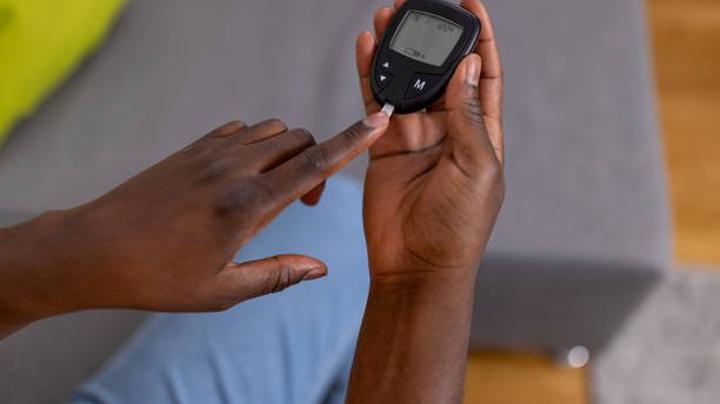
Monitoring your blood sugar is a critical part of your care when you have diabetes. If you don’t do it properly, you run the risk of being hospitalized or worse. The good thing is that you can learn how to do it quite easily and it will be a regular part of your routine in no time…..CONTINUE READING
6 Tips For Monitoring Your Blood Sugar
1. Always Have Your Supplies
At no point should you be without your testing materials. You should always pack them so you can take them with you wherever you go. Some people will have extra meters and accessories that they leave at places they always frequent. For example, you can have extra testing materials at work or at a loved one’s house.
2. Protect Your Test Strips
Your test strips are only as good as you treat them. You need to keep them at room temperature, in a dry area, and away from sunlight. Since test strips can also expire, you need to check them to ensure that they’re not out of date. If your strips aren’t in good condition, you’re more likely to get erroneous blood sugar readings.
3. Stick To A Testing Routine
There are typically a few times per day that you need to test your blood sugar. For some people, it’s before and after eating. For others, it’s just before bedtime. It’s best to work with your doctor to determine what you need. With your schedule established, make the effort to incorporate it into your routine. If your meter has a feature that allows you to program alarms, use it.
4. Standardize Your Meter
An incorrect meter can throw off your medication regimen. Many meters come with a control solution that you can use to standardize your meter and ensure that it’s working properly. You can also bring it with you to a doctor’s visit to compare the readings that you get.
5. Track Your Data
Your readings can give your doctor excellent information about how your blood sugar is being managed. You can write them in a journal or use an app that can show trends with your readings. It’s also good to document additional items like what you ate, the time of day, if you exercised, and if there were any stressful situations.
6. Avoid Infections
Since you’re continually pricking your finger, it’s possible to get an infection. To avoid this, you should never reuse a lancet, clean the area after collecting blood, and make sure that you’ve stopped bleeding before going back to your activities.
How To Prevent Sore Fingers
Since most blood sugar monitors require you to prick your finger, it’s understandable that you’d be concerned about sore fingers. Fortunately, there are a few things you can do to prevent that. The first action you can take is to alternate which fingers you use. Doing this ensures that you give your fingers a break. You should also stick to pricking the side of the finger instead of the tip.
Once you’ve pricked the finger, avoid squeezing it to get the blood more quickly. Doctors recommend holding the hand down to allow the blood to flow out naturally. If this doesn’t work, start squeezing from the palm upwards. It can help to use the thinnest lancet possible so they don’t do too much damage to your fingers. You should definitely avoid reusing lancets as they get duller with each use. Finally, you can always ask your doctor about monitors that don’t depend on using your fingers. There are a few that can take blood from other parts of the body.
When To Talk To Your Doctor About Abnormal Readings
Generally, you can expect your blood sugar levels to be in the range of 80 to 130 milligrams/deciliter (mg/dl) before eating and less than 180 mg/dl after a meal. However, there may be variations if you skipped a meal or have been exercising. If you’re consistently getting readings that are out of whack, though, you need to let your doctor know. It’s possible that your medication regimen is no longer effective for managing your diabetes. You should also let them know immediately if you’re experiencing swelling, loss of feeling in your extremities, unexplained dizziness, or a sudden migraine.
Once you’ve been diagnosed with diabetes, you’ll need to monitor your blood sugar levels. This data is essential to ensure that your condition is under control. If you’re having trouble doing it well or the readings are abnormal for more than a few hours, you need to speak to your doctor as soon as possible…..CONTINUE READING